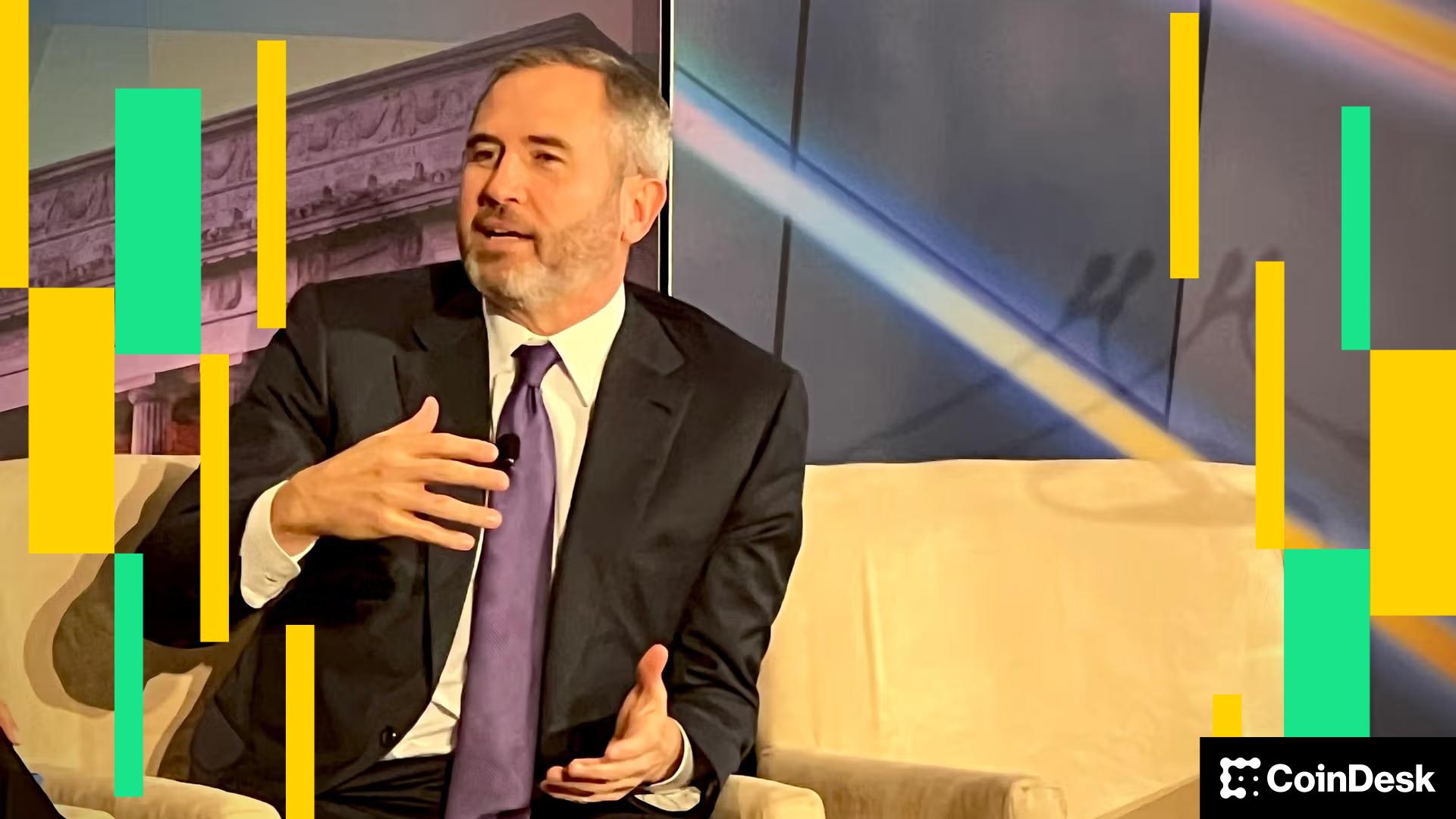
With the acquisition, Ripple aims to provide quickly-deployable wallets to boost fintech and corporate crypto payments, president Monica Long said in an interview.
Nov 3, 2025, 9:02 p.m.
Ripple, the blockchain tech firm closely associated with the XRP Ledger (XRP) network, said on Monday it has acquired crypto wallet provider Palisade to expand its institutional custody and payments offering.
Palisade’s wallet-as-a-service platform will be integrated into Ripple Custody, a product designed for banks and corporates handling digital assets, stablecoins and tokenized real-world assets.
Ripple said Palisade brings tools for high-speed, high-frequency use cases — like on- and off-ramps or enterprise payment flows — where users need secure wallets that can be created and deployed quickly. The tech also supports multiple blockchains and can interact with decentralized finance (DeFi) protocols.
Ripple’s broader strategy is to build out a crypto-native alternative to traditional financial infrastructure. That includes cross-border payments, liquidity, stablecoin issuance and, increasingly, the tools needed to manage assets securely. Ripple said it now holds over 75 regulatory licenses globally and supports banks such as BBVA, DBS and Societe Generale’s crypto division.
With acquiring Palisade, Ripple gains the technical plumbing to serve faster-moving customers like fintechs needing instant wallet creation for new users or corporates managing global treasury operations, Ripple President Monica Long told CoinDesk in an interview.
“Palisade offered the best set of capabilities to complement what we have built with Ripple Payments, which has been growing tremendously this year with stablecoin payment proliferation,” Long said.
The acquisition follows Ripple’s 2023 purchase of Swiss custody firm Metaco and three other deals this year: $1.25 billion for prime broker Hidden Road (now Ripple Prime), $200 million for stablecoin payments firm Rail and treasury tech provider GTreasury.
Read more: Ripple Expands U.S. Institutional Offering With Introduction of Digital Asset Spot Prime Brokerage
More For You
Inside Zcash: Encrypted Money at Planetary Scale
A deep dive into Zcash’s zero-knowledge architecture, shielded transaction growth, and its path to becoming encrypted Bitcoin at scale.
What to know:
In 2025, Zcash evolved from niche privacy tech into a functioning encrypted-money network:
- Shielded adoption surged, with 20–25% of circulating ZEC now held in encrypted addresses and 30% of transactions involving the shielded pool.
- The Zashi wallet made shielded transfers the default, pushing privacy from optional to standard practice.
- Project Tachyon, led by Sean Bowe, aims to boost throughput to thousands of private transactions per second.
- Zcash surpassed Monero in market share, becoming the largest privacy-focused cryptocurrency by capitalization.
More For You
UBS, Chainlink Execute First Onchain Tokenized Fund Redemption in $100T Market

The transaction involved the tokenized UBS USD Money Market Investment Fund Token (uMINT) on Ethereum, with DigiFT as the onchain distributor.
What to know:
- UBS completed the first onchain redemption of a tokenized fund using Chainlink’s Digital Transfer Agent (DTA), marking a milestone in blockchain infrastructure for the $100 trillion fund industry.
- The transaction involved the tokenized UBS USD Money Market Investment Fund Token (uMINT) on Ethereum with DigiFT as the on-chain distributor.
- The achievement aims to drive operational efficiencies and new possibilities for product composability in the fund industry, with UBS’s Tokenize platform working to automate key functions.





